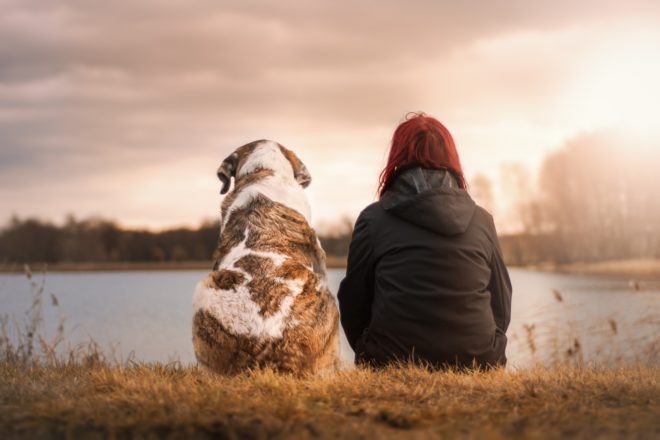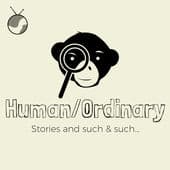Podcast Spotlight: Human/Ordinary


Human/Ordinary is the creation of Sam Loy, an independent podcaster. Loy has a keen sense of asking relatively basic questions but exploring their consequences in a meaningful (and entertaining) way. The independent stories explore common links within our society and delve into what makes us unique.
We had the opportunity to catchup with Loy and discuss Human/Ordinary, where he sources the stories from, and his advice for new podcasters. See below for our Q&A.
Listen: Apple Podcasts | Stitcher
Discover Pods: How’d you get into podcasting?
LOY: I think the idea was kicking around in my head for awhile, but it wasn’t until I became a dad that I really felt inspired to start. I didn’t want my daughter to grow up with a dad who wasn’t passionate about what he was doing in his life. At that point, I wasn’t really that into my day job, and it was making me miserable. I think I saw the podcast as an honest expression of who I was.
DP: In your own words, why should listeners tune in to Human/Ordinary?
LOY: I tell stories that are relatable. Each episode is an audio documentary about being a normal person and everything that entails. The central idea of the show is that we’re all connected. We may have different life paths and different things may happen to us, but we all share the experience of being afraid, or being happy, or having our beliefs challenged, or wondering about what goes on after we die. I try to tell personal stories about people’s experiences, that I hope are relatable to everyone.
DP: Where do you source your stories from?
LOY: Usually I have a question about something or I start thinking something might be interesting. Like “why do people choose to be vegetarian?”, or “I wonder what life is like for a funeral director?”. Then I try to track people down who might have a story to tell.
DP: 3 seasons in, is there anything you’d do different if you could start over?
LOY: I think I would find a support network of other podcasts/documentarians that I could trust to offer honest, constructive feedback. Podcasting has been a bit of a lonely process, and I would have benefited greatly from having others to guide my work.
DP: What are some tips new podcasters should heed before they get started?
LOY: I think to just get started. You will always find a reason to not kick-off your podcast, but any problems you have or things you need to learn can happen on the run. You’re probably not going to have a very big audience when you first start out, so just get some content out there. Officially be able to call yourself a podcaster! And then from there you can see what works and make changes for the next episode.
DP: What’s the biggest challenge you face as an indie podcaster?
LOY: It’s often hard coming up against shows produced or supported by large media companies. The content of these shows isn’t necessarily any better, but they have massive marketing budgets behind them and are able to find an audience through advertising which indie podcasters don’t have access to. But I shouldn’t complain much as I am supported through the Planet Broadcasting Network, which affords me a lot of promotion through other shows with bigger audiences than I have.
DP: Where do you want to take your podcast?
LOY: The podcast is a part of a 10 year project for me. My plan was to do this for 10 years and to see what would happen. The challenge for me was always just to do something for 10 years as I have a really bad habit of abandoning creative projects out of boredom or frustration at a lack of progress. So all I really want to have happen is for me to keep producing stories and trying to have as many people as possible listen to them. I’d love to support myself and my family through this kind of work, and hopefully through the skills I learn producing the podcast, a new career can result.
DP: What other podcasts are you listening to now?
LOY: I always listen to Criminal. I’m not really a true crime fan, but this is very different to the vast majority of crime shows out there.
Closer to home, I’ve been really appreciating Silent Waves which is a limited series show about family secrets and crimes. It’s pretty personal and captivating.
I’d also recommend to track down anything ever produced by Scott Carrier, who does the awesome Home of the Brave podcast, and Sophie Townsend, who has never (to my knowledge) had a podcast, but produces lots of stuff for ABC Australia and the BBC. These two are amazing writers and I am constantly in awe of them.
DP: Anything else you’d like to add?
LOY: Podcasting has opened so many doors for me that I honestly feel very blessed to have stumbled upon this medium as a creative outlet. I have met amazing, interesting people, gone places I never would have, and being able to tell stories that I think are extraordinary. To all past and future listeners: thank you.













Comments
Comments are closed.